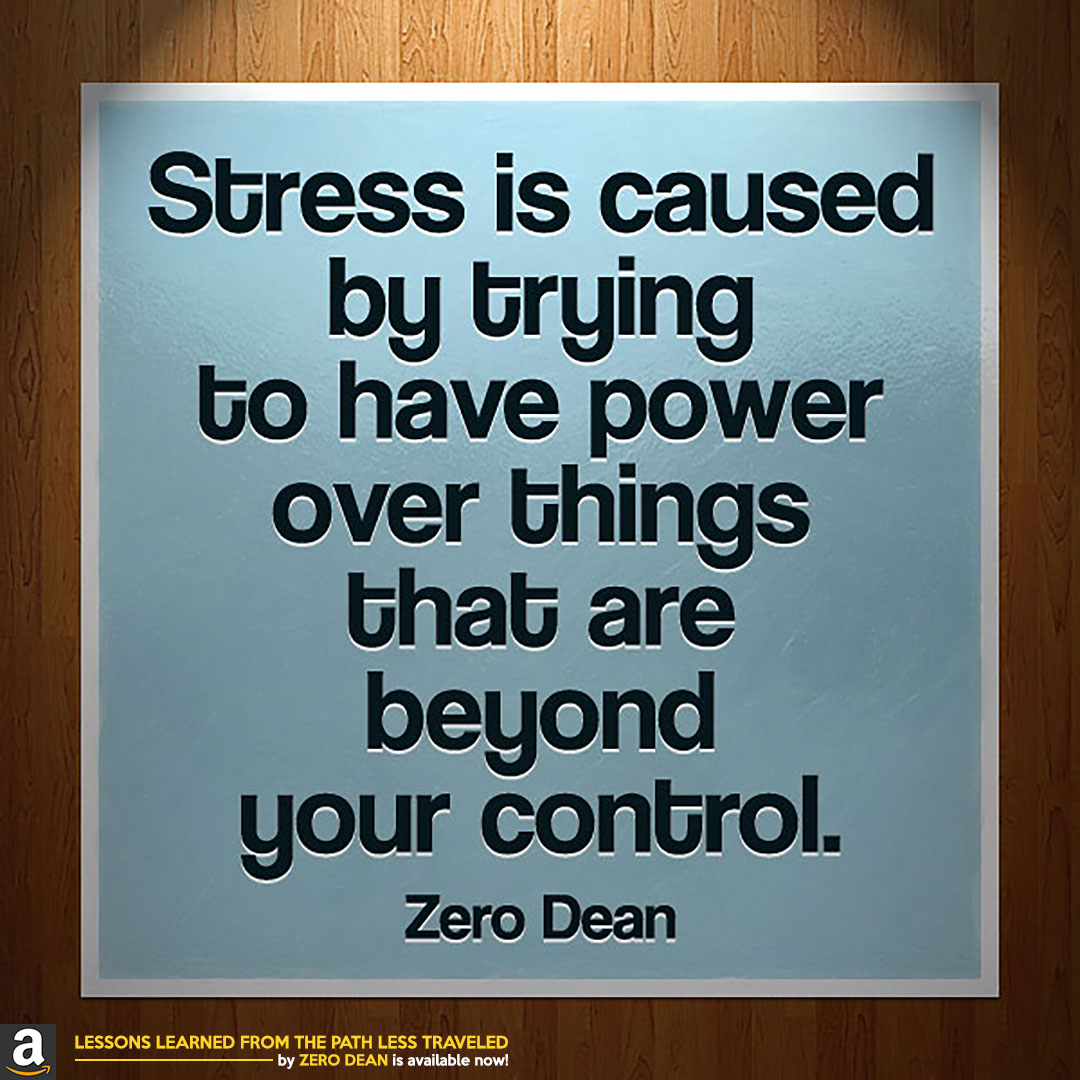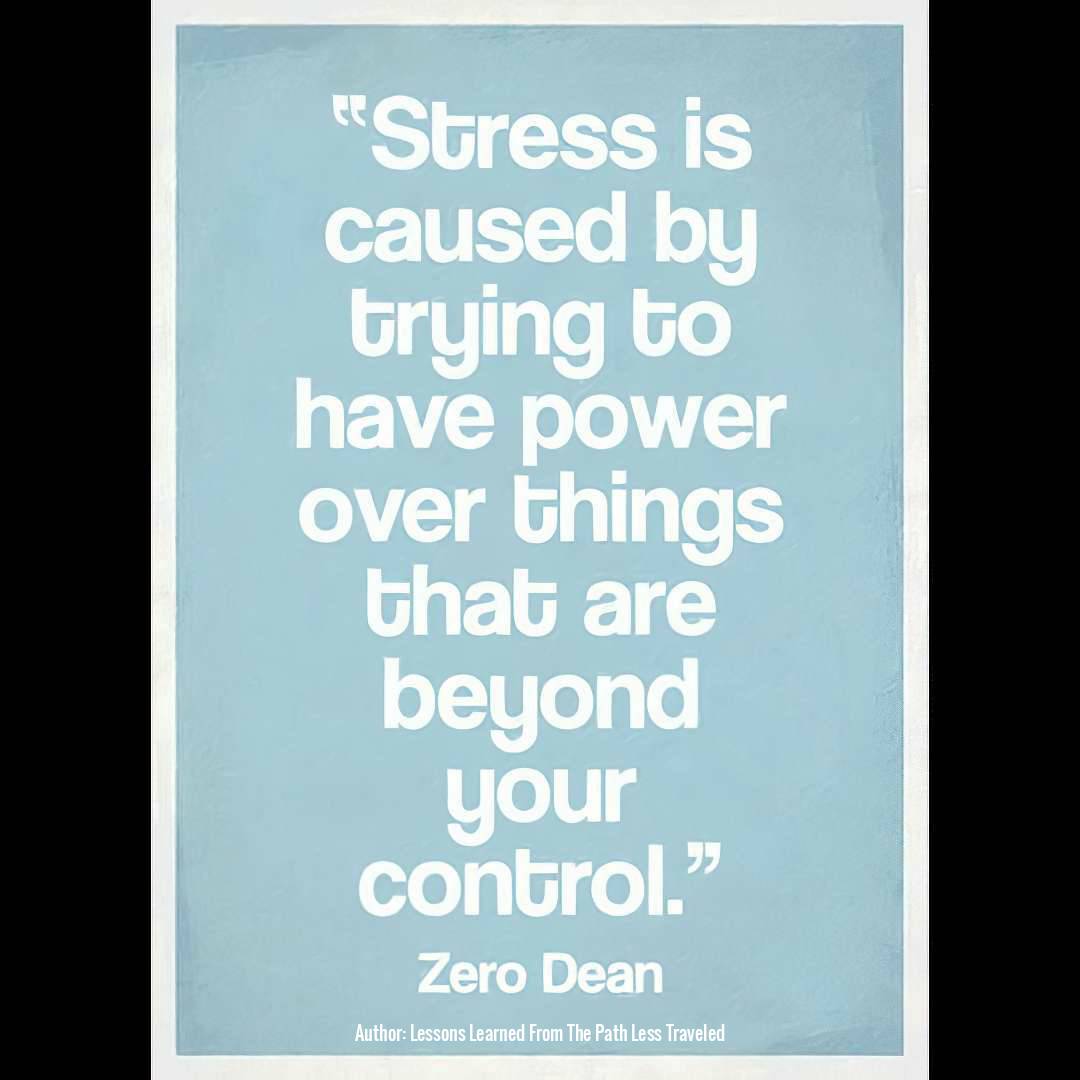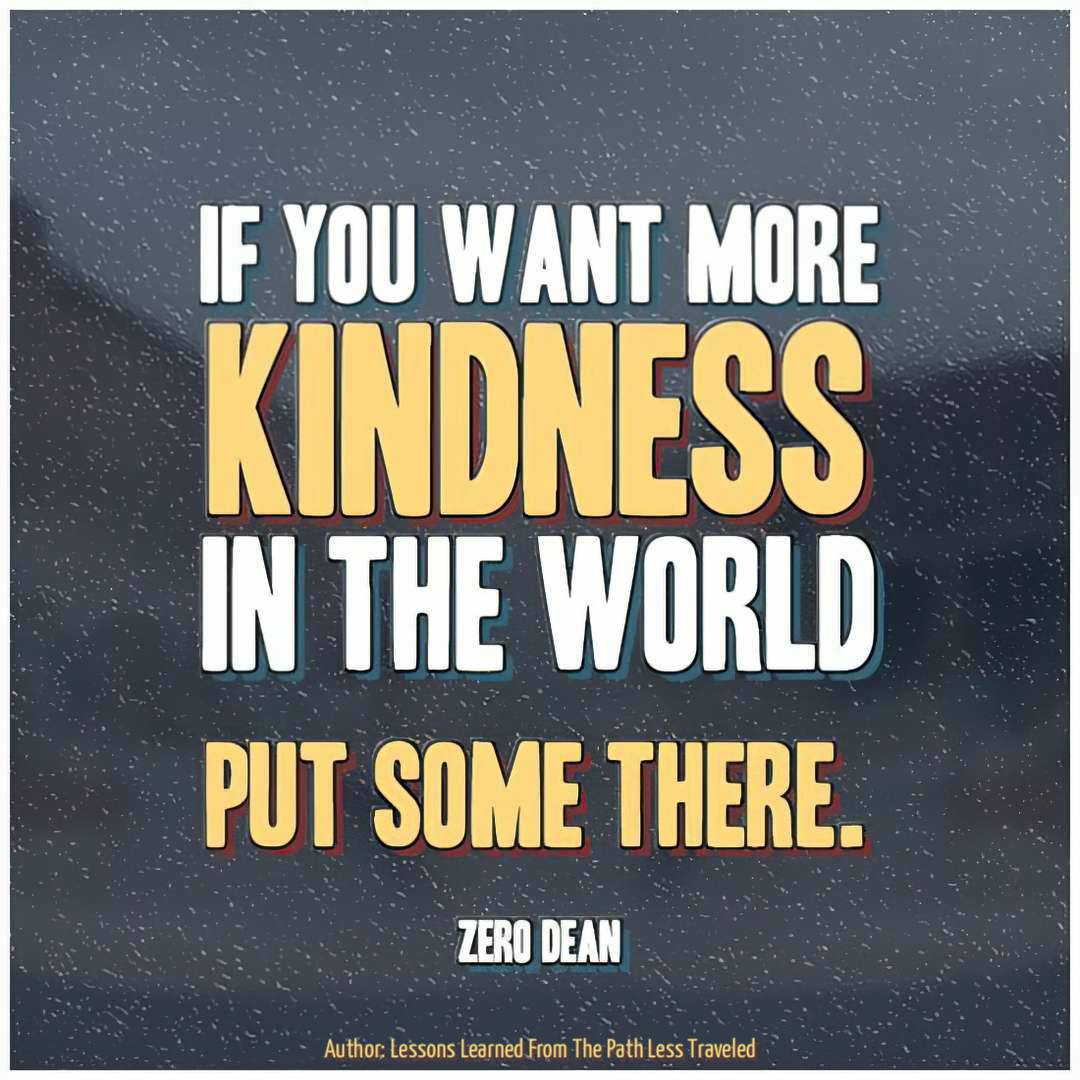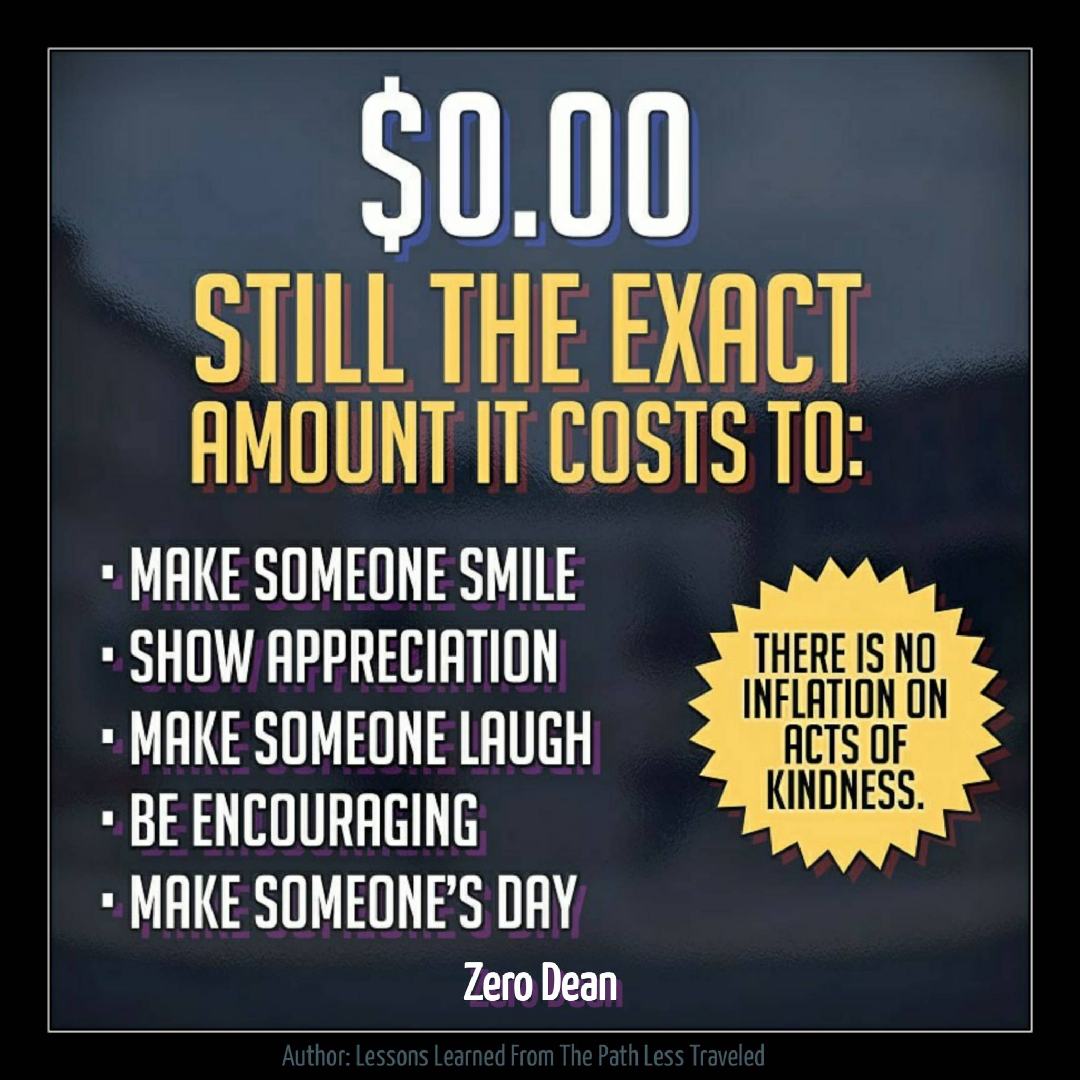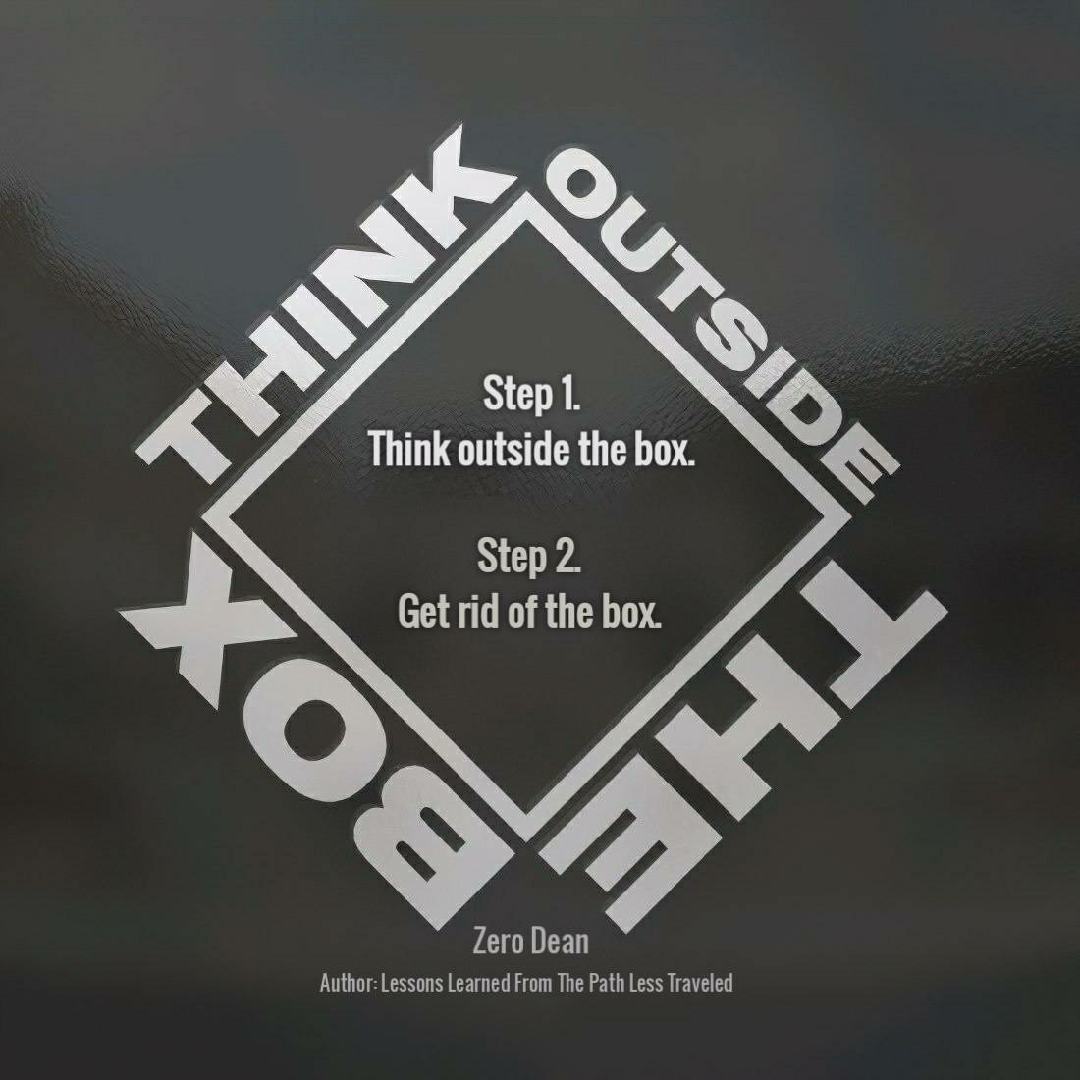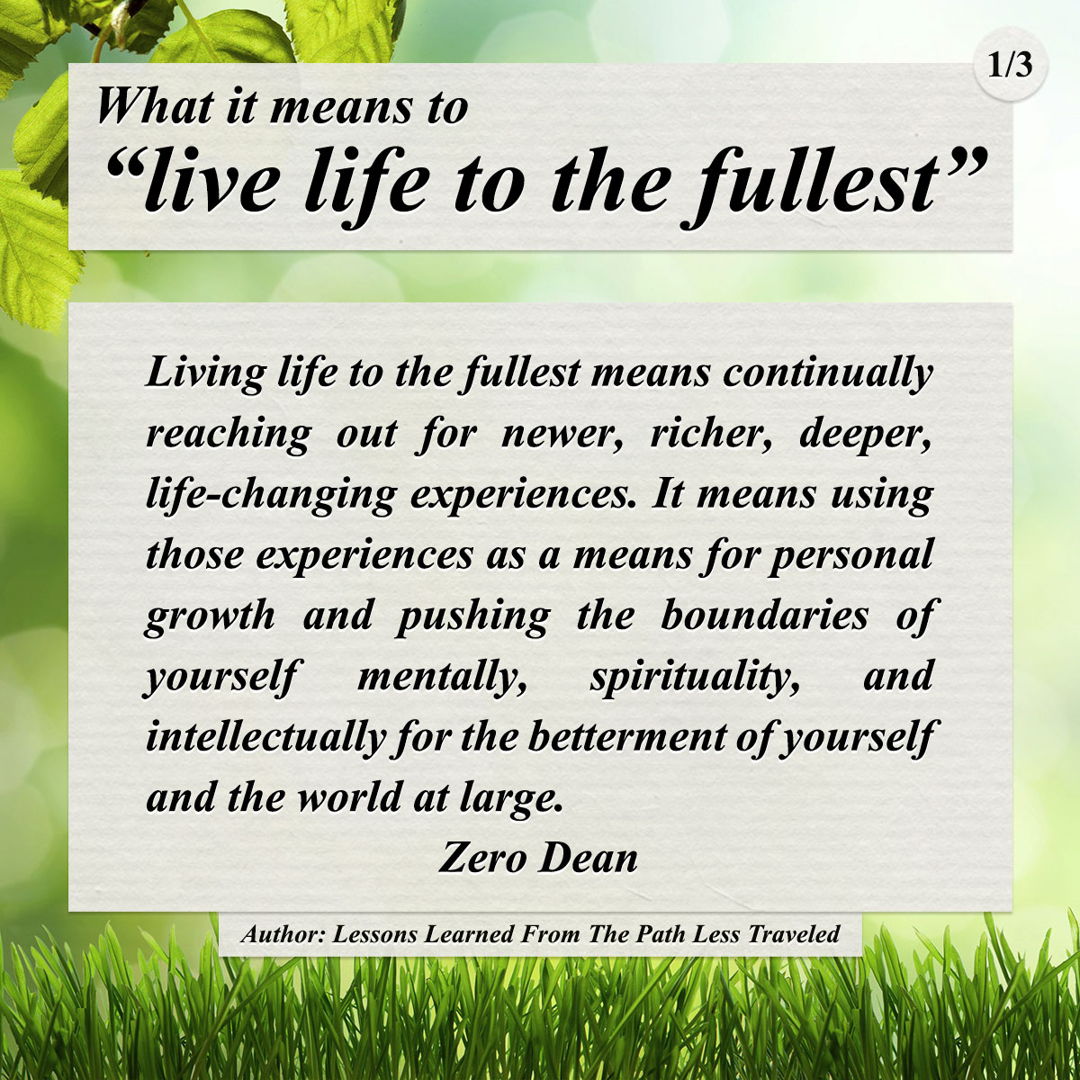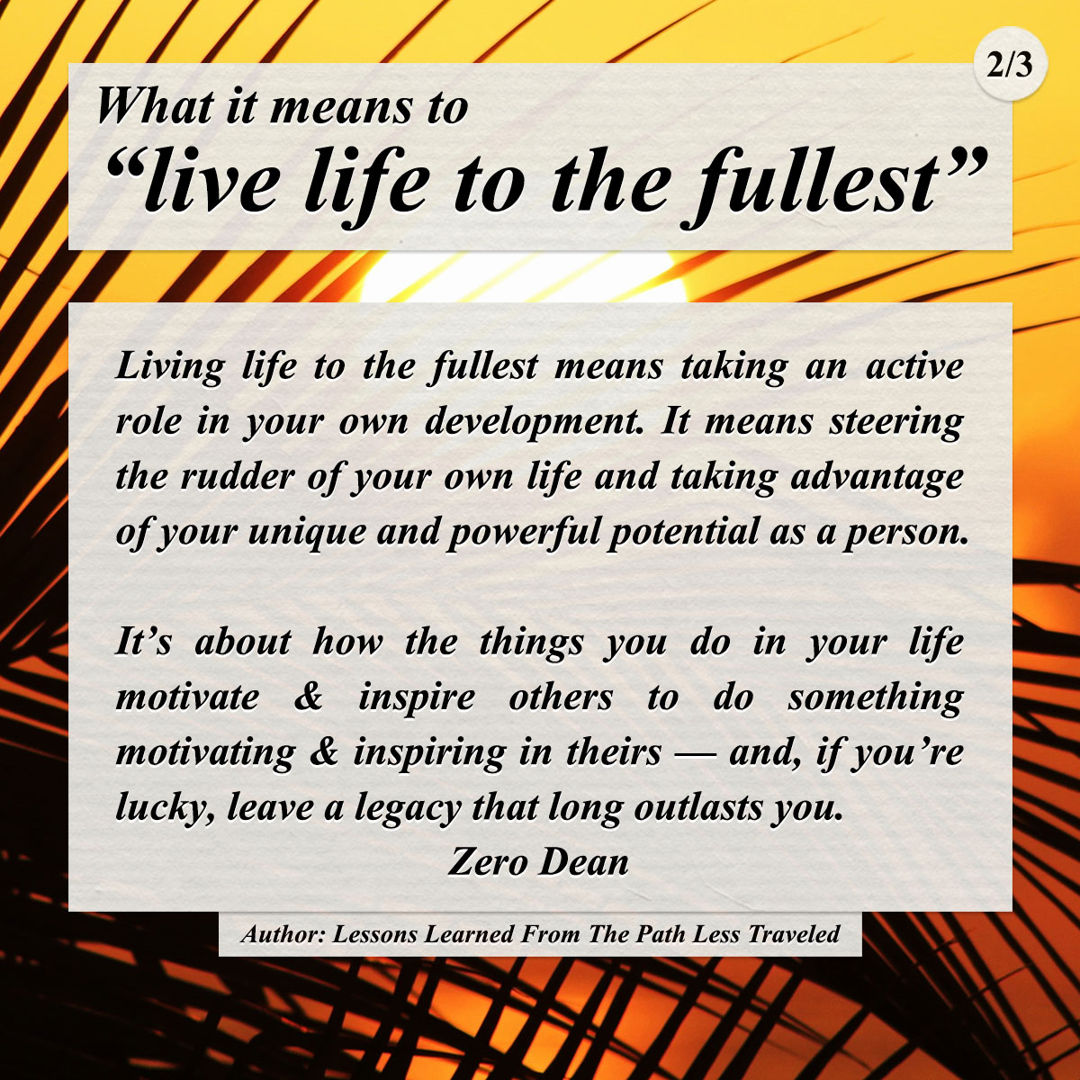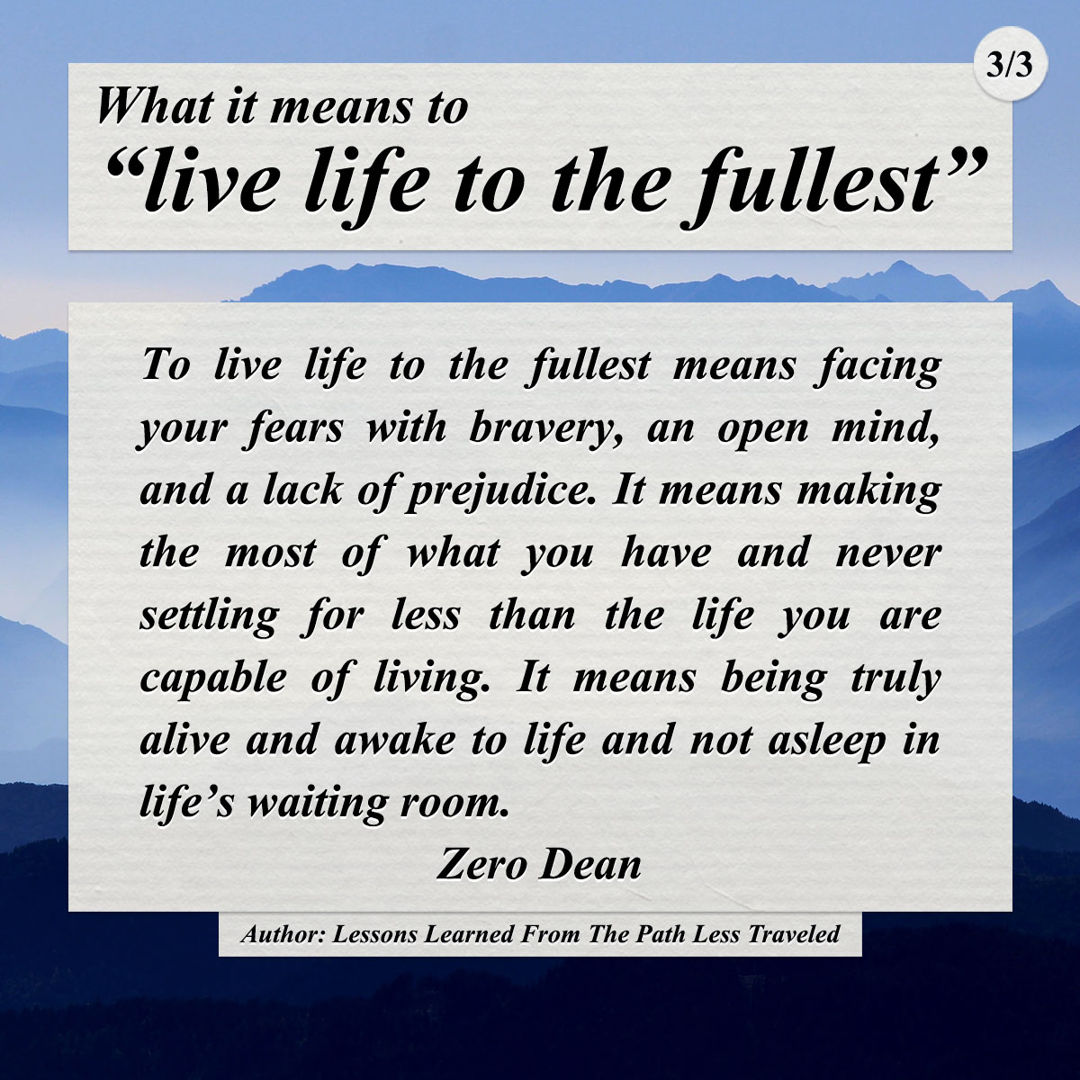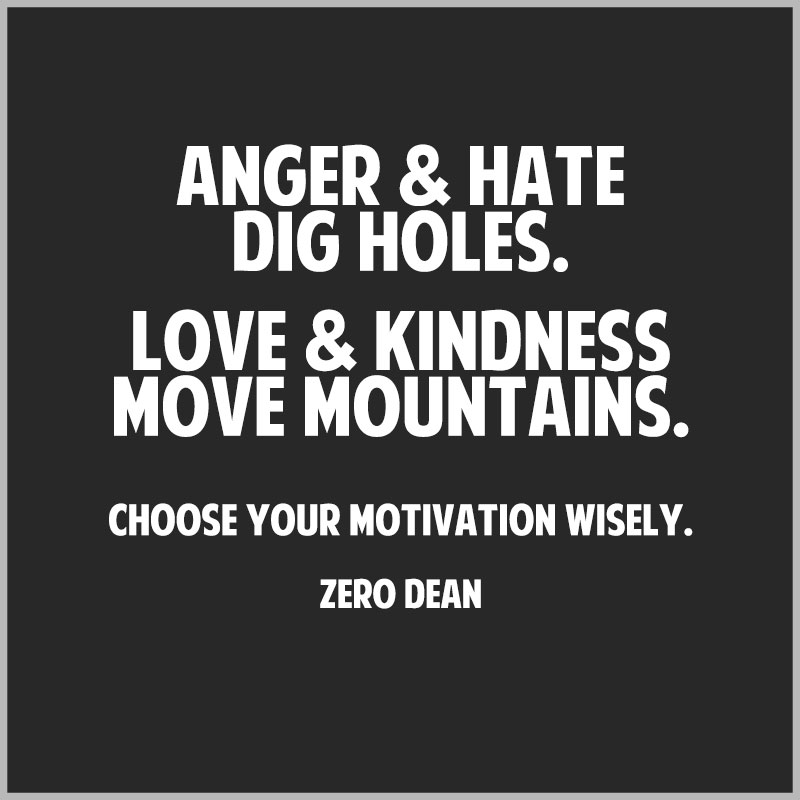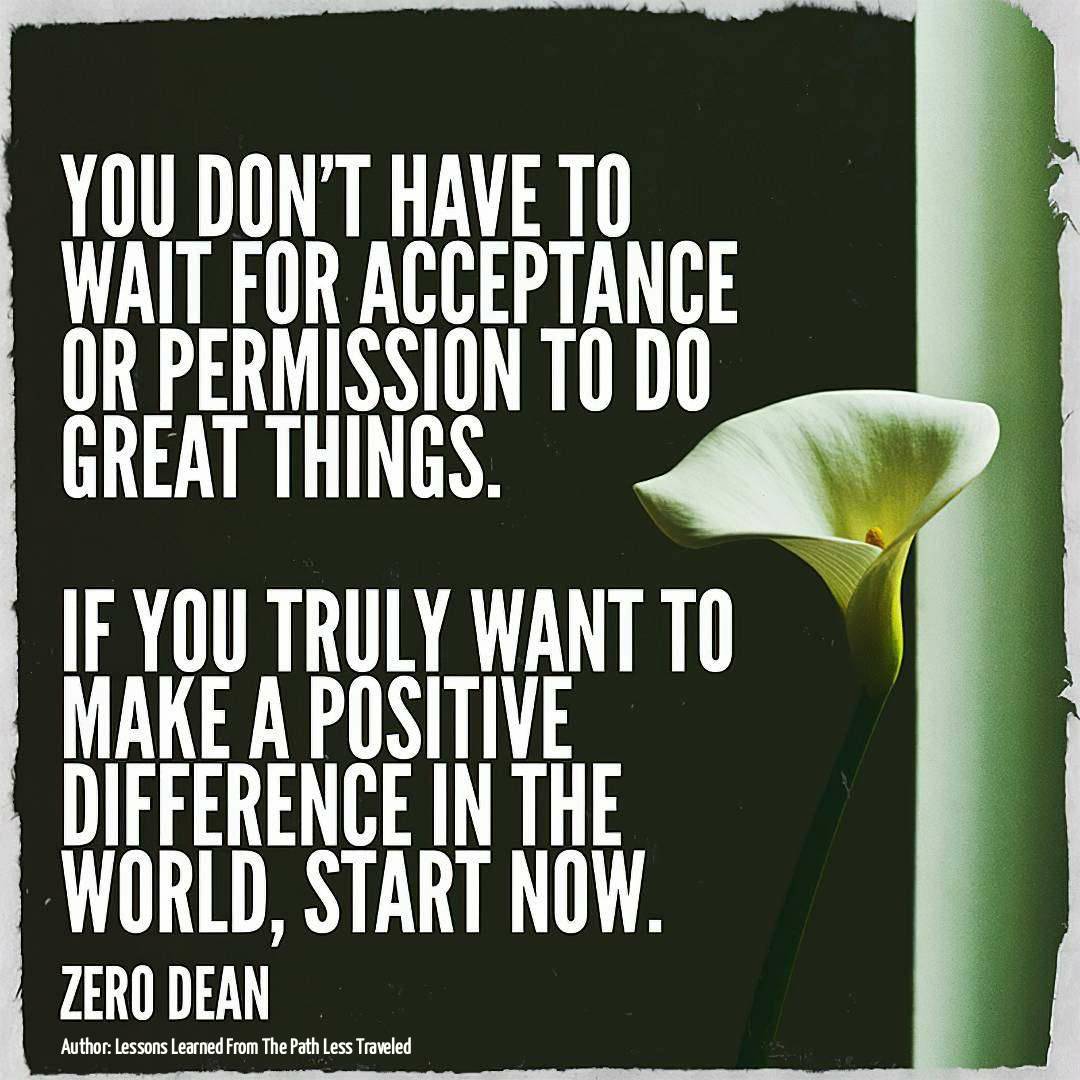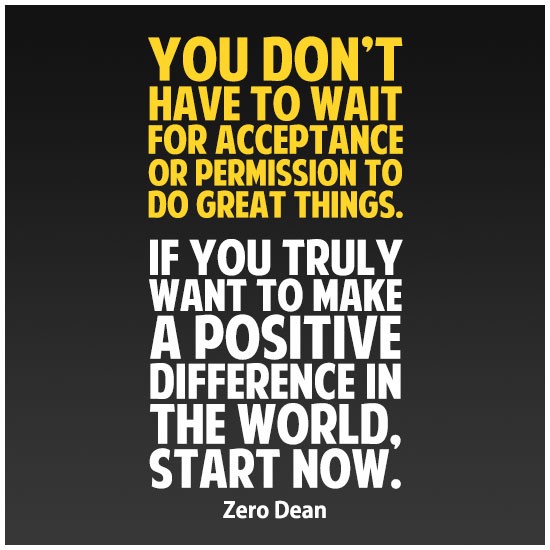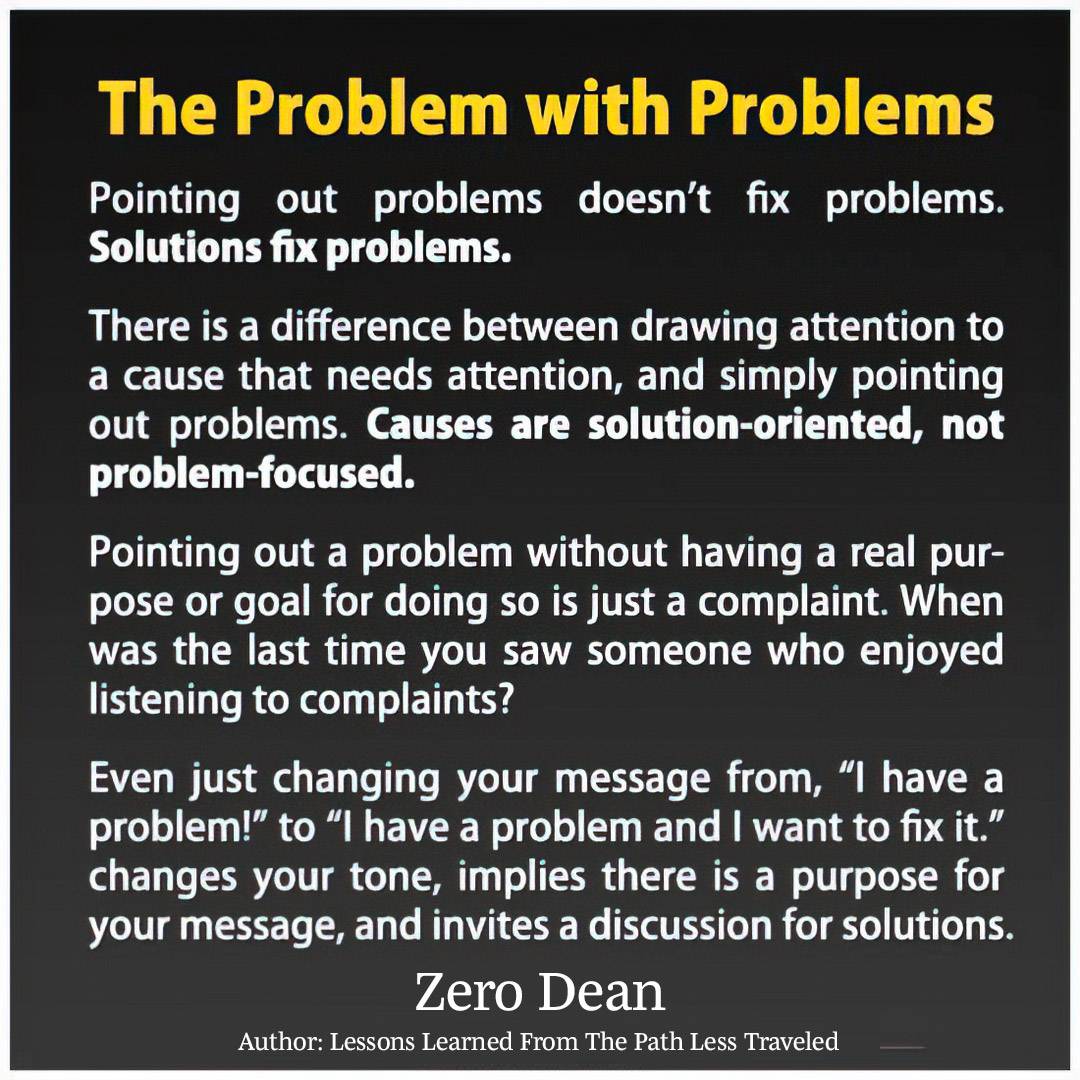There’s a message being spread all over social networks. It sounds something like this:
“Stress is caused by giving a f*ck.” or “The less you give a damn, the happier you will be.”
These statements are misleading, at best — and, at worst, simply false.
With regard to the first:
Stress is not caused by giving a f*ck. Stress is caused by trying to have power over things that are beyond your control. There’s a difference.
The act of saying “F*ck it, I don’t care!” is simply an acceptance that you are no longer going to try to change something that you couldn’t control anyway.
It’s not the caring that’s the problem, it’s a problem with misdirected focus and an emotional attachment to an outcome you had no power over.
It’s like worrying — the mental process of worrying about something accomplishes nothing.
“We have a saying in Tibet: If a problem can be solved there is no use worrying about it. If it can’t be solved, worrying will do no good.” — Dalai Lama
It is the same with trying to have power over things you cannot control. If you have no power over something, there is no use trying to control it.
To encourage people to not care about things is a step in the wrong direction. The world doesn’t need more people who don’t give a f*ck — or people who sit by and do nothing when they have a chance to make a positive difference. We already have those in abundance.
“Incredible change happens in your life when you decide to take control of what you do have power over instead of craving control over what you don’t.” – Steve Maraboli
The fact is that a lack of caring, a lack of focus, a lack of priorities, and a lack of positive role models are reasons why the world is in the state that it’s in.
The world needs more people who do care — and care passionately about the things that matter. But by focusing only on the things that are within our power to change.
This is done, in part, by making a concerted effort to focus on solutions and progress and not in simply sharing problems and leaving them for someone else to take care of.
“Our anxiety does not come from thinking about the future, but from wanting to control it.” — Kahlil Gibran
To glorify an “I don’t give a f*ck” attitude is, in a way, a declaration that you will stand idly by and not give a damn when something happens in your life — or in the life of someone you care about — and when you have the power to make a positive difference, you will choose not to because, “Hey, [you] don’t give a f*ck!”, remember?
“The world will not be destroyed by those who do evil, but by those who watch them without doing anything.” — Albert Einstein
“But I don’t mean it that way”, you say. And if you don’t, great.
But I am speaking specifically to these two self-contained statements (being glorified on the Internet) which seem to imply that giving a f*ck or a damn (about anything) is the problem:
- “Stress is caused by giving a f*ck.”
- “The less you give a damn, the happier you will be.”
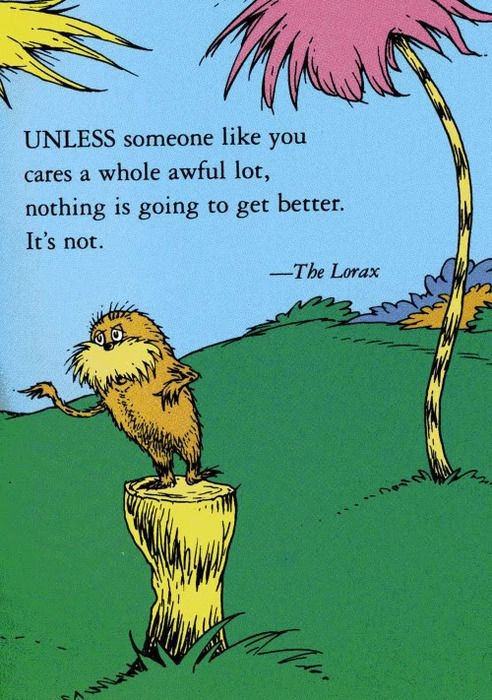 We should not be encouraging ourselves or others not to care or give a damn.
We should not be encouraging ourselves or others not to care or give a damn.
We should resist becoming hard or bitter or creating the expectation in our children that the world is a cold and hostile one in which to live.
We should be encouraging people to care — and educating people on how to do so effectively — and teaching our children to be the change they wish to see in the world.
“It’s not our job to toughen our children up to face a cruel and heartless world. It’s our job to raise children who will make the world a little less cruel and heartless.” — L.R. Knost
We must learn to let go of those things we have no control over and focus on what we can do. Remember not let the things you can’t control stand in the way of what you can.
“Let go or be dragged.” — Zen Proverb
With regard to the second statement about not giving a damn:
It would be more accurate to say,
- The less you fear what people think of you — or let it bother you –– the happier you will be.
- The less you compare yourself to others, the happier you will be.
- The more you are your authentic self — and don’t seek the approval of others — the happier you will be.
- The more you focus on the things you can control in your life (such as yourself and your emotions), and not trying to control the things you cannot (such as other people), the happier you will be.
To think that happiness comes from not caring about external factors is to confuse where happiness comes from — which is from within. As I’ve said before, don’t put the key to your happiness in someone else’s pocket.
“Happiness comes from within. It is not dependent on external things or on other people. You become vulnerable and can be easily hurt when your feelings of security and happiness depend on the behavior and actions of other people. Never give your power to anyone else.” — Brian L. Weiss
Simply not giving a damn about anything is a very blah and mundane way to live life. You can’t live life to the fullest without passion — and passion is caring.
“Happiness comes from within and is found in the present moment by making peace with the past and looking forward to the future.” — Doe Zantamata
“It had long since come to my attention that people of accomplishment rarely sat back and let things happen to them. They went out and happened to things.” — Leonardo da Vinci
Related:

